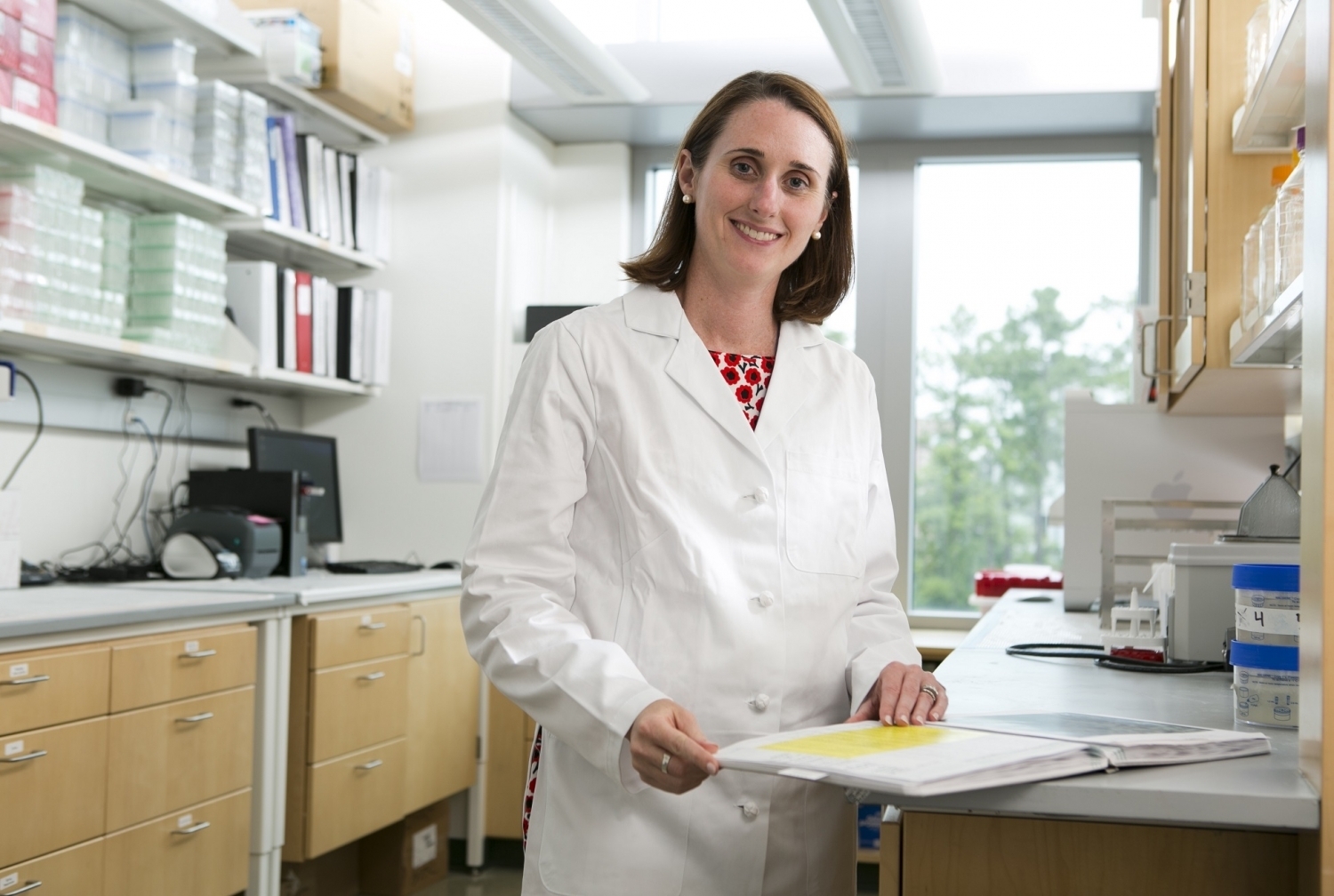When Dr. Sallie Permar was a medical student at a mission hospital in rural Zambia in the late 1990s, she saw firsthand how the AIDS virus was ravaging the population.
With no treatments yet available in the developing world, mothers were dying, leaving behind infants suffering from a disease that would soon claim their own lives.
“That struck me as especially tragic and in need of a solution,” Dr. Permar, now chair of the Department of Pediatrics at Weill Cornell Medicine and pediatrician-in-chief at NewYork-Presbyterian Komansky Children’s Hospital, said recently. “So I left that experience thinking, ‘I want to be a vaccinologist,’ because that’s the only route I could see that would make that situation better.”
That experience at the epicenter of the AIDS pandemic set Dr. Permar on a path that led her to become a leader in the field of research into perinatal infections. Her groundbreaking work on mother-to-child transmission of viruses including HIV and cytomegalovirus (CMV), the most common congenital infection worldwide, recently earned her the prestigious 2020-21 Society of Pediatric Research Award in Honor of E. Mead Johnson.
“So many giants in pediatric research have been recognized through this award, so it really is a big honor to appear among that unique group,” Dr. Permar said. “I have looked up to Mead Johnson awardees throughout my career, and I am so honored to now be named one.”
The award recognizes contributions in two areas she studies: Defining immune responses associated with protection against mother-to-child HIV transmission, and preclinical testing of infant HIV vaccines; as well as defining immune responses that protect against congenital CMV infection, and developing a nonhuman primate model of congenital CMV for vaccine testing.
Some 150,000 children a year are infected by HIV worldwide — itself a pandemic whose numbers are expected to rise during COVID-19, she said.
“I think we’re all holding our breath waiting to see what the numbers are in terms of new infections with HIV in this last year, and I think that really stems from the fact that we don’t have a vaccine, “ Dr. Permar said. “We rely on treatment that for the most part has to be given every day, and that means a patient has to have access to those medications, has to be able to come to a clinic, or go to a pharmacy, to get those medications. When things were closed down in the pandemic we know that those activities were likely interrupted.”
An HIV vaccine may need to be administered to both mother and child because of transmission occurring not only before birth but during breastfeeding, said Dr. Permar, who is also Nancy C. Paduano Professor in Pediatrics at Weill Cornell Medicine.
Dr. Permar called CMV “a virus that has a PR problem. It’s the most common congenital infection in every population, happening in 1 out of every 150 babies, yet most pregnant women don’t know about it.”
She added: “It’s a virus we have recognized for over 60 years as the cause of birth defects and brain damage in infants, and there’s strong recognition that we need a vaccine for it, but we’re still in early-stage development.”
The response to COVID-19 by pharmaceutical companies like Moderna is likely to have a positive impact on vaccine development for other viruses.
“I really think the work that went into the SARS-CoV-2 vaccine will actually aid the development of a CMV vaccine and maybe even for an HIV vaccine as well,” Dr. Permar said. “The new platforms that were put in place for SARS-CoV-2 can be applied to these very challenging viruses that still need vaccines.”
“I’m hoping that one silver lining of this COVID-19 pandemic will be a legion of young people who want to go into the area of public health and vaccines,” Dr. Permar said. “Fostering more researchers who are pediatricians is an important area that I have focused on, and I thank the Society for Pediatric Research for doing a lot to build researchers out of pediatricians.”

